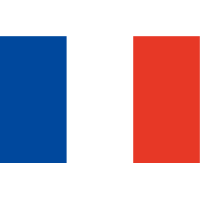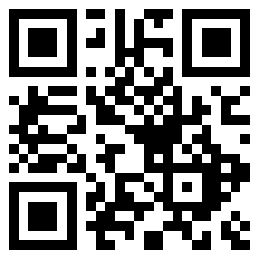The mRNA-based vaccine also consists of two types, namely conventional non-replicating mRNA and self-amplifying mRNA (saRNA). A saRNA sequence contains replicate genes that amplify mRNA in cells, thereby producing more antigens with less mRNA dose. By contrast, the non-replicating mRNA-based vaccine has a simple structure and cannot replicate itself in the human body, requiring a mature optimization process to induce an effective immune response at a lower dose.
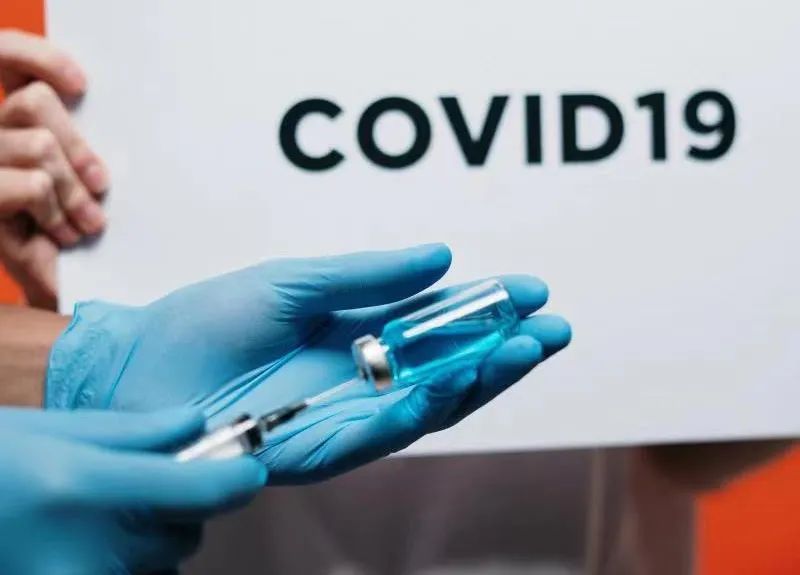
saRNA takes advantage of the self-replicating ability of RNA viruses to express some of their non-structural proteins in mRNA. In such a way, the viral proteins can be continuously expressed in large quantities, and at the same time can be amplified and maintained at certain expression intensity; however, it may be difficult to control.
Compared with conventional vaccines, mRNA-based vaccines have various advantages, including safe preparation, high efficiency, and reliable quality. The mainstream vaccines now used in the West, such as Pfizer, Moderna, and Oxford vaccines, are all mRNA-based vaccines. An earlier British study found that three doses of Pfizer's vaccine were 85.9 percent effective against severe cases of Omicron.
However, because mRNA-based vaccines have poor stability at room temperature, they require ultra-low temperature storage conditions to maintain stability. If stored under inappropriate temperatures, some active ingredients of the vaccines will degrade and lose their effectiveness.
This poses significant challenges for cold chain logistics in low - and middle-income countries. Fortunately, through the COVAX initiative, many countries and economies have significantly improved their vaccine cold chain systems, making equitable access to vaccines possible.
Bangladesh has received a total of BDT 200 billion COVID-19 vaccines from the World Health Organization (WHO), making it the largest recipient of WHO’s vaccine aid worldwide, Bangladeshi Financial Express reported on May 5.
“Previously, Haier Biomedical has successfully delivered 26 ULT freezers to Bangladesh via COVAX, each of which can store over 300,000 doses of COVID-19 vaccines, to assist Bangladesh in receiving, preserving, and distributing large quantities of COVID-19 vaccines requiring cryopreservation.” Haier Biomedical Global Project Director said.
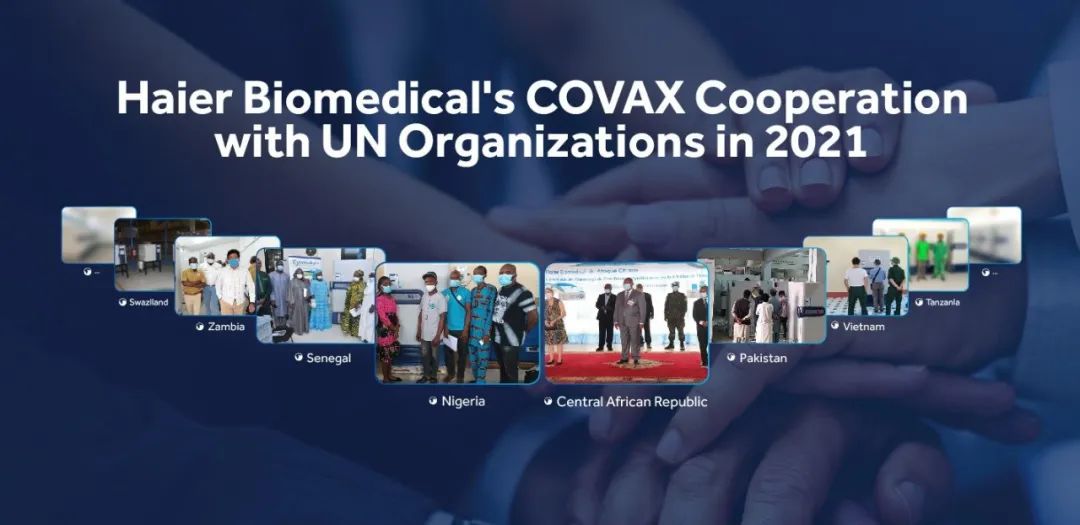
In 2021, Haier Biomedical delivered more than 2,000 vaccine cold chain devices and more than 350 ultra-low temperature freezers to over 45 countries around the world through COVAX, helping the global fight against COVID-19.
Up to now, the Bangladeshi vaccination program has covered 98 percent of the country's target population and 75 percent of the country's total population.
For other types of COVID-19 vaccines that are now widespread and popular are inactivated vaccines, also known as "dead vaccines". They are prepared by culturing viruses on the cell-matrix and then killing infectious viruses by physical or chemical methods while maintaining the integrity of their antigen particles so that they lose pathogenicity and retain antigenicity.
Therefore, for many low - and middle-income countries, inactivated vaccines are a better option due to their easiness of storage and deployment. As more and more countries achieve high vaccine coverage, improving the vaccine cold chain capabilities of these less developed countries becomes critical.
Relying on its world-leading technologies, Haier Biomedical delivers WHO and PQS certified solar vaccine refrigerators and cold chain solutions to the world.
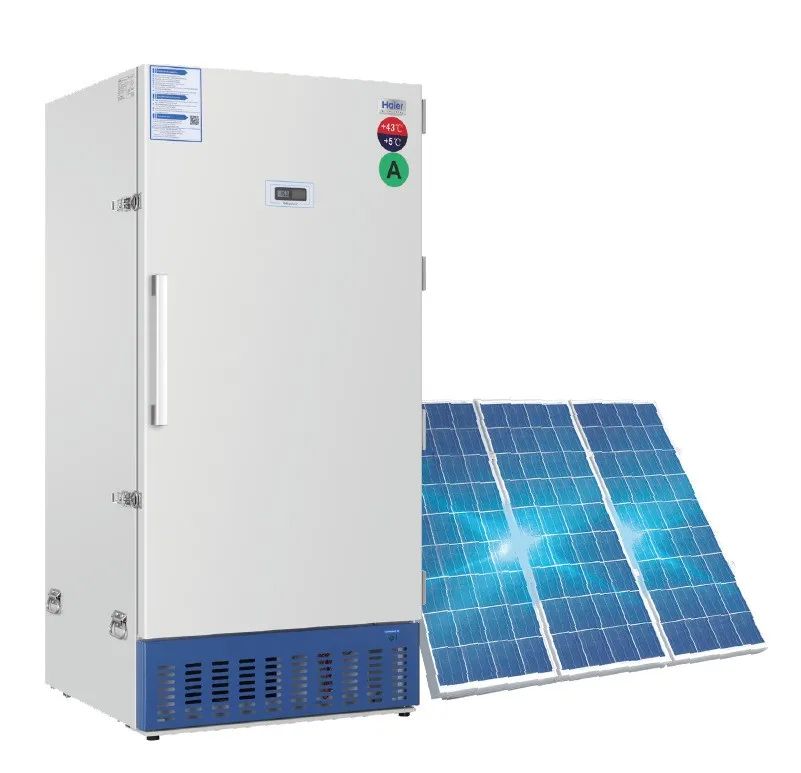
Solar Direct Drive Vaccine Refrigerator
In 2022, Haier Biomedical delivered more than 1,000 vaccine cold chain equipment to South Africa for widespread installation throughout the country, helping to promote the Vaccine Roll-out Program to vulnerable and hard-to-reach areas in Africa.
Located in the northeast of Africa, the Republic of South Sudan is severely insufficient in roads, water, electricity, health care facilities, and other infrastructures. During the South Sudan Project, Haier Biomedical delivered a total of 260 solar vaccine refrigerators, which can maintain 2-8℃ operation for more than 160 hours without power supply, to assist in the development of the local cold chain.
"One can do what and where it is going to do that will be a key issue," says Melanie Saville, the Director of Vaccine Development at the Coalition for Epidemic Preparedness Innovations.
COVID-19 is one of the biggest challenges faced by mankind in this century. As a global cold-chain supplier, Haier Biomedical has been shouldering the social responsibility positively bearing the global pandemic in mind, delivering vaccines throughout the process until the "last mile". Haier Biomedical has launched a complete cold-chain solution ranging from production and transportation to storage, temperature monitoring, and inoculation to effectively overcome the objective conditions and ensure the safety of vaccines and medicines, thereby providing safe and reliable vaccine coverage to populations around the world who have difficulty in accessing vaccines.














.png)



